Increasing number of governments restricting messaging apps with end-to-end encryption

Censorship of images has also intensified in 2016, Freedom House claims, with a number of governments and leaders reacting strongly when mocked in social media. In Egypt, a 22-year-old student was jailed for three years for posting a photo President Abdel Fattah al-Sisi with Mickey Mouse ears on Facebook.
- 67 percent of all Internet users live in countries where censure of the government, military, the ruling family, or the regime may result in persecution.
- 27 percent of all internet users live in countries where people have been arrested for publishing, sharing, or merely liking content on the world's most popular social platform, Facebook.
- Governments are beginning to target video calling apps like Skype in a bid to protect the revenue of national telecommunications companies.
- Social media users face unprecedented penalties in 2016, with arrests having increased by over 50 percent since 2013.
For more information on assesed countries and scores refer to the maps below:
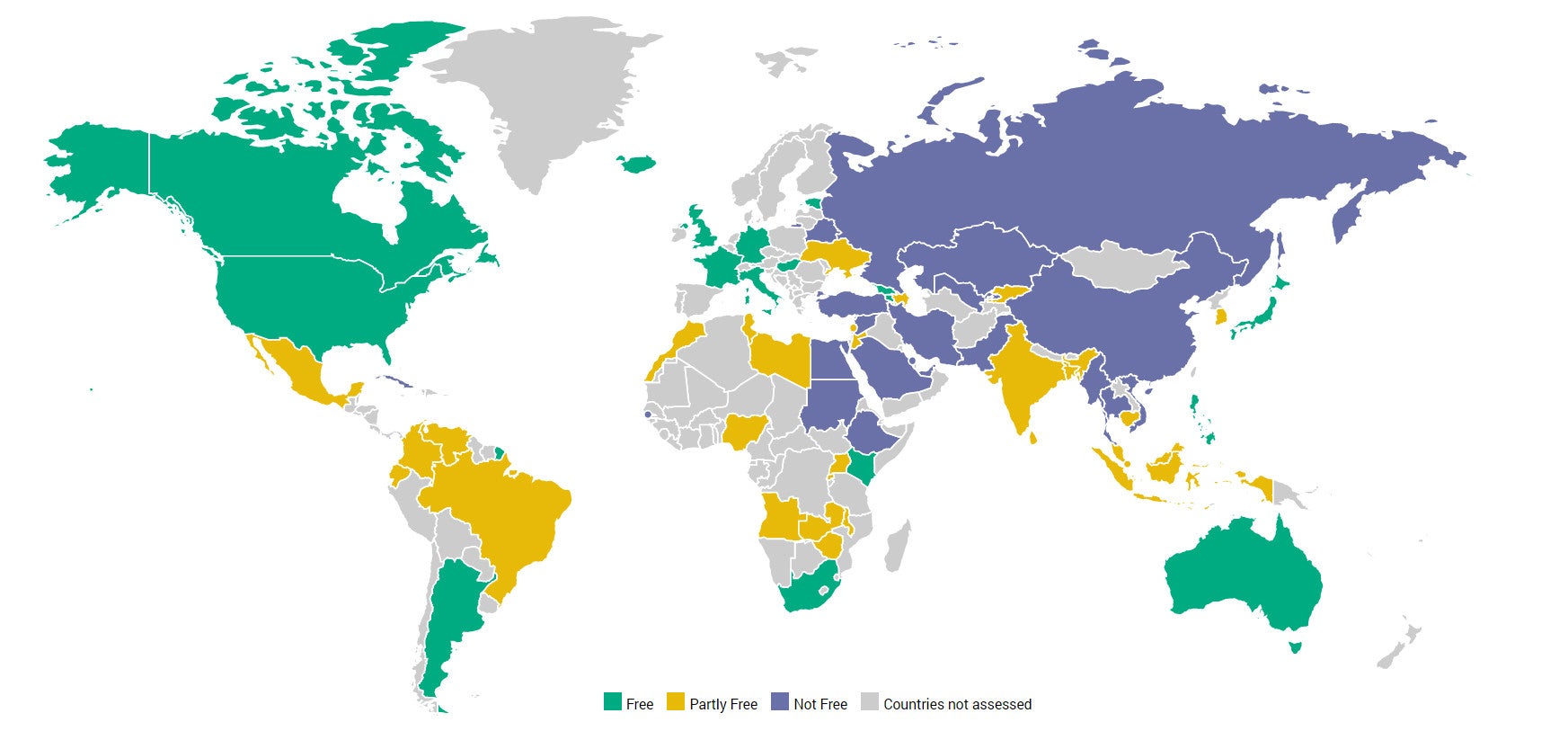
Follow us on Google News

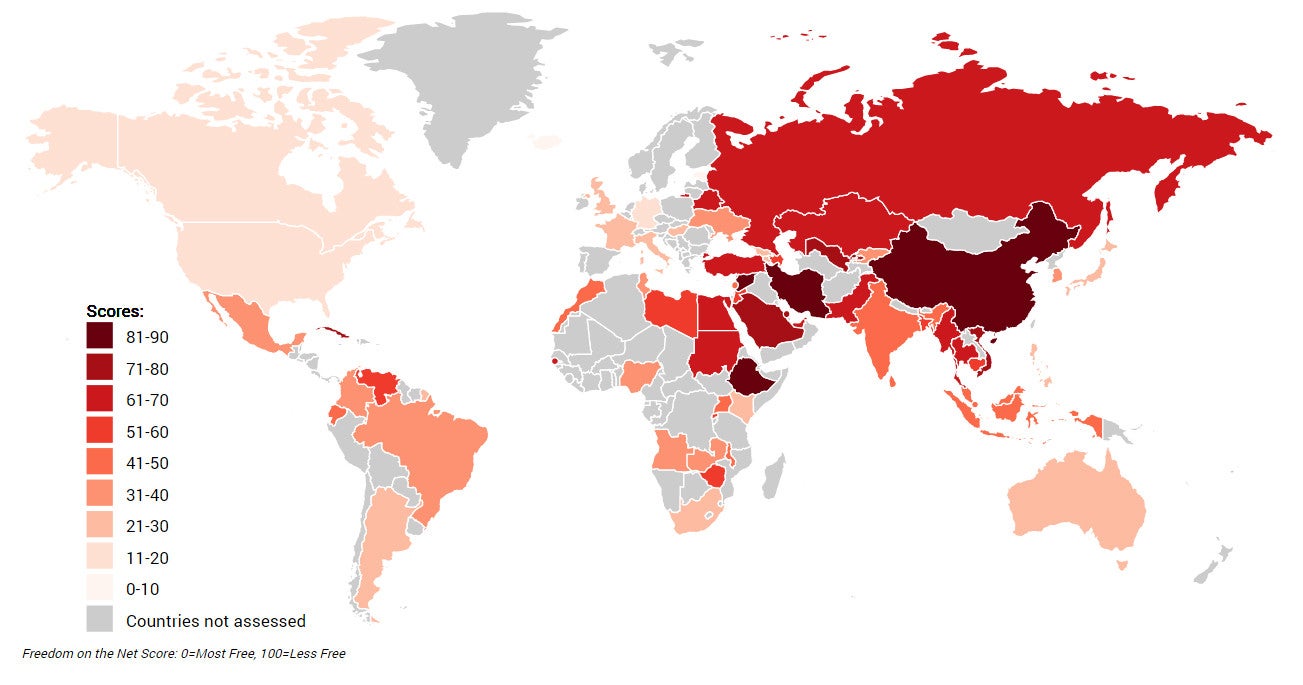


![Some T-Mobile users might be paying more starting in March [UPDATED]](https://m-cdn.phonearena.com/images/article/176781-wide-two_350/Some-T-Mobile-users-might-be-paying-more-starting-in-March-UPDATED.webp)
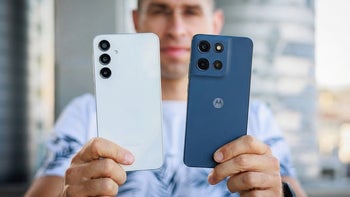
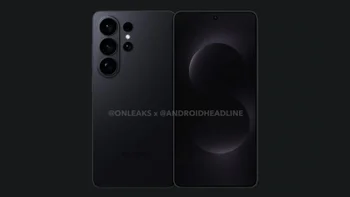
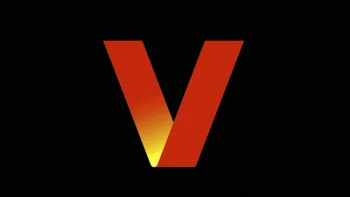

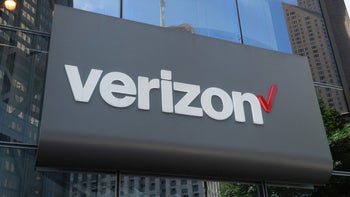
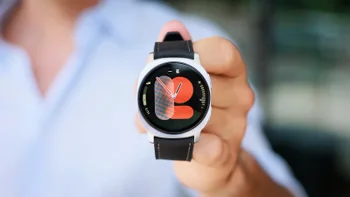

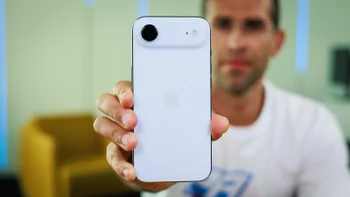

Things that are NOT allowed:
To help keep our community safe and free from spam, we apply temporary limits to newly created accounts: